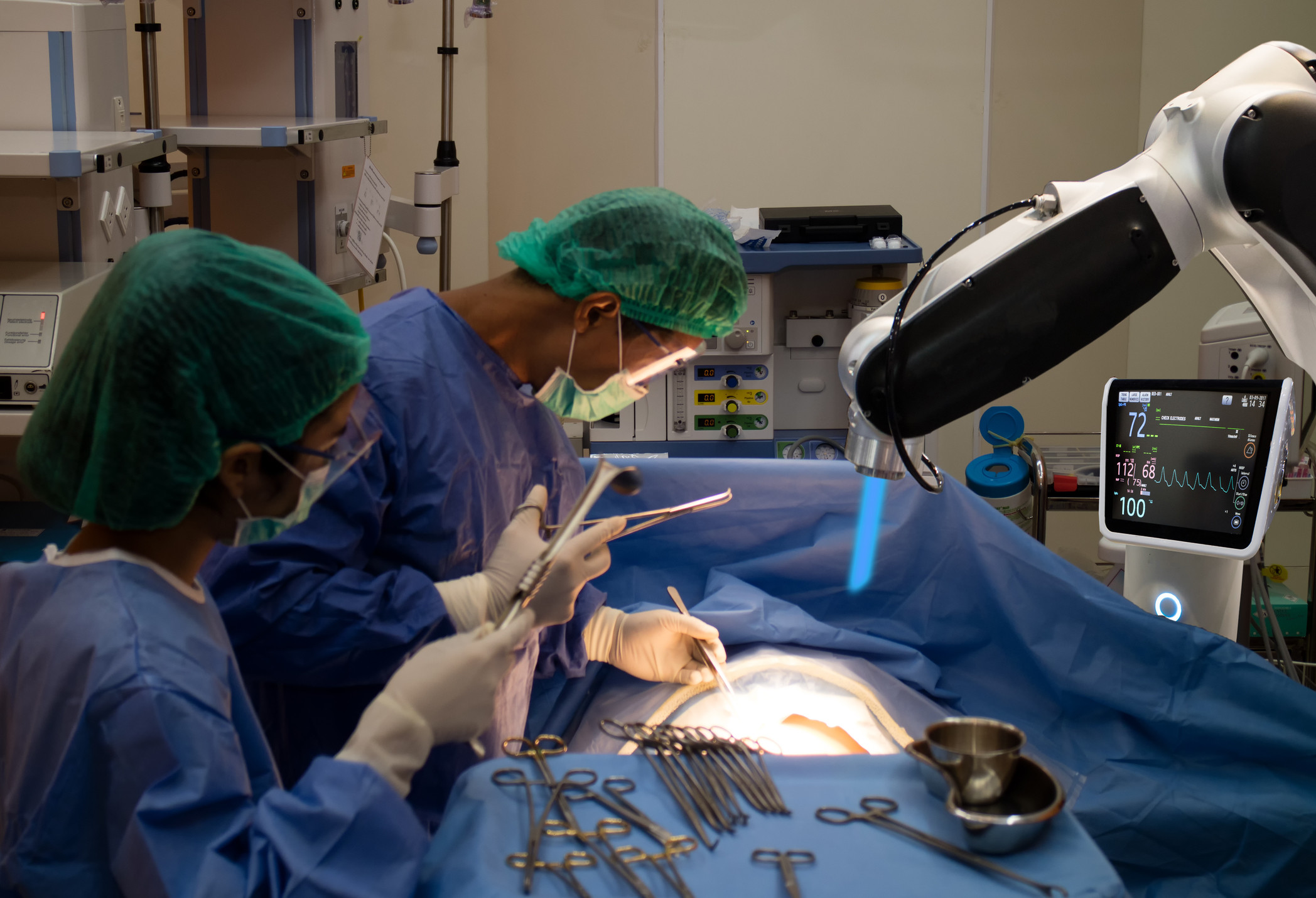Advances in artificial intelligence will benefit many sectors of the medical community, but patients won’t be treated by AI instead of doctors anytime soon, according to new research from Google Cloud.
The paper shows that machine learning will be helpful in diagnosing diseases in situations where data is minimal and doctors need a rationale for the diagnosis, reported the MIT Technology Review. Some authorities on AI believe the technology could effectively handle entire areas of medical work, such as analyzing radiological images.
Jia Li, leader of research and development at Google Cloud, detailed research about applying AI to radiology imaging at the recent San Francisco conference EmTech Digital.
Li, who is working with medical experts at Stanford, and her team used the popular machine-learning technique known as “deep learning” to identify abnormalities in chest x-rays. They included an additional data set because the team only had access to a small training data set. Researchers highlighted an area on the x-ray that was essential in diagnosing an abnormality—a necessity since deep learning is mathematically complex.
According to Li, AI can only automate a tiny part of the work carried out by radiologists. AI needs to know a patient’s case history, have the ability to communicate a diagnosis, and issue the correct treatment. AI can be helpful but will not fully replace human doctors in the foreseeable future.
“We can assist [doctors] to make better judgments, and make the process more efficient,” she explained at the conference.
She added that the technology will be useful to those who don’t have a background in AI: “Hopefully, experts will spend less time on repetitive tasks.”
Li’s work is notable because it points out the difficulties researchers will face while applying AI to real-world medical scenarios. Up until this point, most displays of AI’s involvement in medicine has involved “large, perfectly annotated data sets,” noted the Review, “and they have not considered the broader context.”
It also appears that Google’s cloud platform will be concentrating heavily on medicine. The tech giant and others believe delivering AI through the cloud will be a financial boon and be common in the future.


